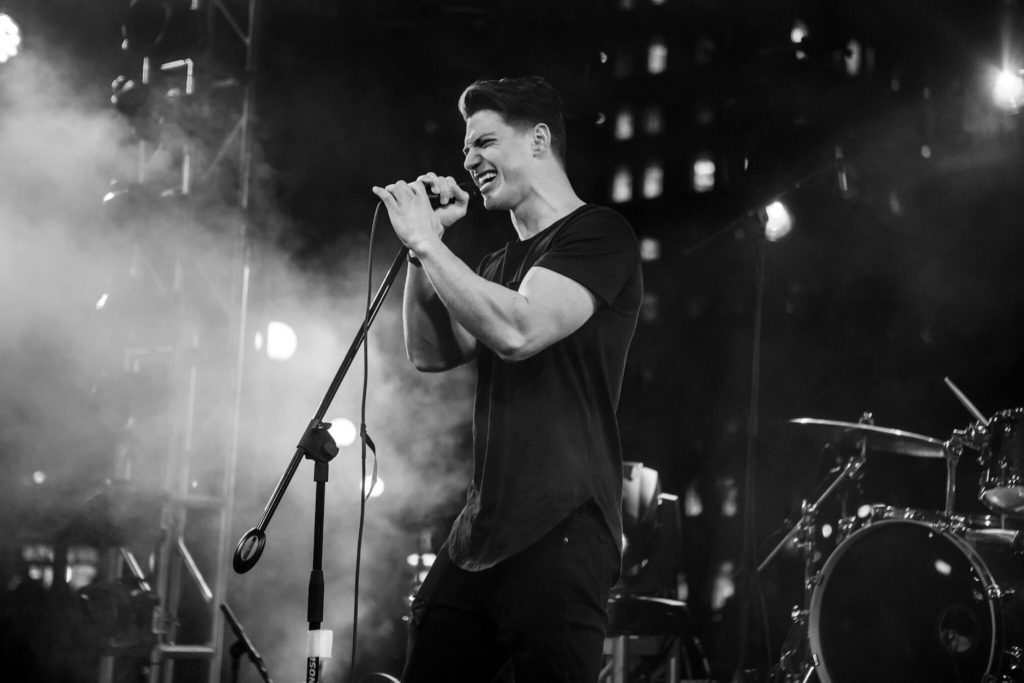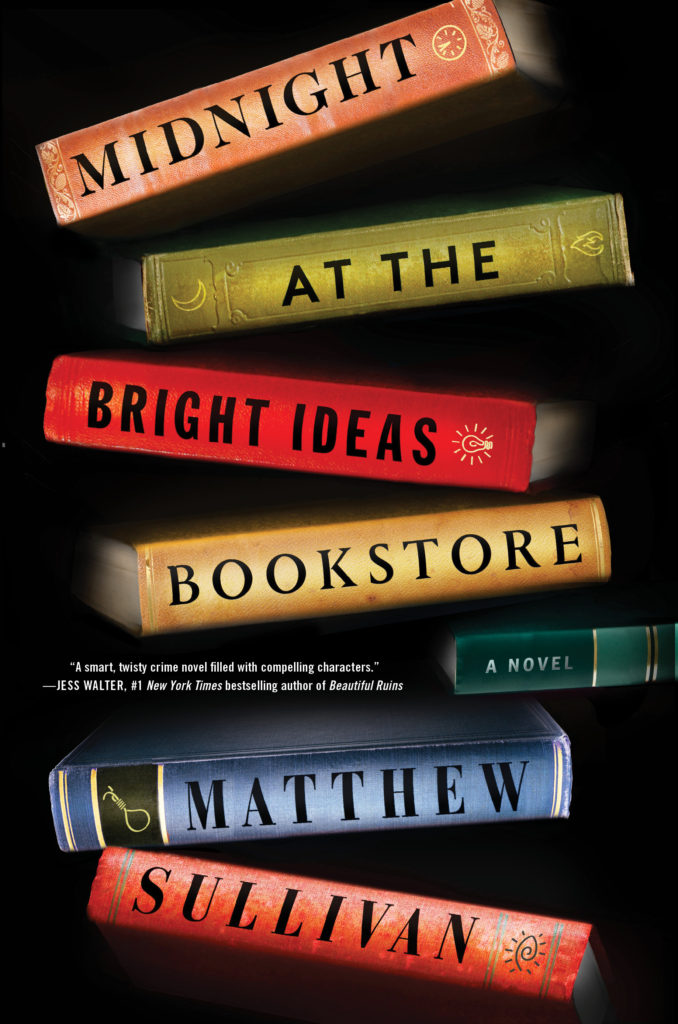 In our new feature, Between the Sheets, TrunkSpace picks the imaginative brains of authors to break down what it takes to create the various worlds and characters they breathe life into via the tools of their trade… sheets of paper. While technology continues to advance and change the pop culture landscape, the written word has remained one of the most consistent and imaginative art forms.
In our new feature, Between the Sheets, TrunkSpace picks the imaginative brains of authors to break down what it takes to create the various worlds and characters they breathe life into via the tools of their trade… sheets of paper. While technology continues to advance and change the pop culture landscape, the written word has remained one of the most consistent and imaginative art forms.
This time out we’re chatting with “Midnight at the Bright Ideas Bookstore” author Matthew Sullivan to see how growing up in a family of eight children impacted his storytelling, how he felt upon turning in his manuscript, and where he’s hardest on himself as a writer.
TrunkSpace: You grew up in a family of eight children. Did that set the table for you to become a storyteller?
Sullivan: Most definitely. My brothers and sisters and I entertained ourselves a lot by telling stories from real-life about teachers, or camping trips, or our many misdeeds. Of course with each telling, the stories would usually gain another layer of detail or exaggeration, so there was always a joyful, one-up quality to our storytelling. The Blarney in our house was through the roof.
My brothers and I also spent a lot of time making up these elaborate, often absurd characters and had them interact with each other. We’d draw them and do voices and playacting. Some of those characters went on and on for years, like Art, and Cousin Art, and Bart—these giant guys who injected oil barrels full of heroin, only ate eclairs, and beat up everyone they interacted with. We were bizarre kids. It was the 70s.
TrunkSpace: Do any of your siblings also make a living as storytellers and if not, why do you think you were drawn towards that creative space while they were not?
Sullivan: My mom was a nurse but she also was a writer on the side. She published stories and articles and a few middle-grade novels in the 1990s, so there were always writing magazines in the bathroom, and a number of us inherited those genes.
I was child number five, right in the middle, and was a pretty quiet, observational kid, so the writing thing made sense to me. When I was little I would sometimes wander around the house just crying and crying for hours—kind of like that kid Wilder in Don DeLillo’s “White Noise.” I think it was because I wanted to be noticed, or maybe because I was just sad, and everyone would just yell at me to shut-up already. To me, that’s a precursor to the writing life: Something is wrong! And I have something to say about it! Maybe novel-writing is just an adult way of roaming around and crying?
TrunkSpace: “Midnight at the Bright Ideas Bookstore” is your debut novel. What was the journey like for you in terms of when you first came up with the concept to when you learned it would be published? Was it a long road?
Sullivan: It was a very long road, but that’s just the path I was on, so I have no regrets. The initial seeds for the story were planted in my twenties when I was working at Tattered Cover Book Store in Denver, but I didn’t sit down to write it until many years later. Then when I finally did, it took 3-4 years to write the first draft, and another 3-4 years to revise, and sat in a drawer for a long time in between. All that time I was raising babies, working overtime, quitting smoking, burying my mother and my sister—in other words, a lot of important things were getting between me and the page. But it worked out in the end.
TrunkSpace: Are there butterflies as you gear up to release the book to the world?
Sullivan: For sure! But then I remember how this book was sitting in a drawer for quite a while and I wasn’t sure I would ever get it out again, so I can’t help but feel overjoyed at how it turned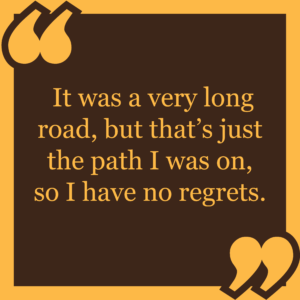 out. And my friends and family and early readers have been really supportive of the whole thing, which also helps.
out. And my friends and family and early readers have been really supportive of the whole thing, which also helps.
TrunkSpace: Knowing that this was your first novel, was it hard to let go of the manuscript and call it “complete” or did you want to keep tinkering?
Sullivan: By the time we reached the very last edits, I felt like it was as ready as it could be, given the writer I am right now. Of course, there’s always more to do, but it’s also refreshing to face a blank page again, to start something new and begin to apply whatever I’ve learned along the way.
TrunkSpace: What did you learn about yourself as a writer in the process of writing “Midnight at the Bright Ideas Bookstore” that you hope to apply to your writing career moving forward?
Sullivan: On a level of craft, I now pay more attention to a story’s pace and structure than I ever have before, both as a writer and as a reader… it’s so important to keep things moving, even in a character-driven story. On a more personal level, I realized how necessary it is to be persistent, even when things get bumpy, and to be ready to do what it takes, no matter how time-consuming or painful, in order to create a better story.
TrunkSpace: When you’re writing a mystery novel, what is more important to establish first… the plot points or the mystery elements themselves, which we’d imagine, have to be unique to compel readers familiar with the mystery genre?
Sullivan: The initial crime needs to be imaginative and intriguing. But for me, once the initial crime and general arc are established, a lot of the steps involved in getting to a resolution come out of characters—how they behave, what motivates them or catches their attention. Plot points and clues are important, but I’m always far more interested in the people involved. After all, the characters are intertwined with the crime, so I think their personalities steer the discoveries as much as anything.
TrunkSpace: Regarding the process, is writing a labor of love for you or does it feel more like labor? Do you enjoy the process?
Sullivan: I really love to write. I do. There are times when I am in that creative trance and everything falls into place, but more often than not, it’s difficult, even to the point of drudgery. But that’s all part of it. Creativity is a healthy compulsion, even when it’s tough. I love it.
TrunkSpace: And what does that process look like? What are the ideal conditions for putting in a good day of writing?
Sullivan: Like a lot of writers, I find I’m most productive when I get away from social media and the internet. That’s a good start. Ideally, I also try to arrange times when I can really be immersed, even if it’s only for a day. I have an old 1960s “canned-ham” travel trailer, and I sometimes will take off in it by myself, with a laptop, a bicycle, and some books, for days on end. Those are productive times. But that’s also not real life. In real life, it’s more like I grab an hour to write on a Tuesday after work and another one on Sunday night, and try to cobble together the week that way.
TrunkSpace: Do you self-edit as you write?
Sullivan: I do. I have a hard time seeing something as valuable to the story unless it’s pretty polished on a sentence level, so I’m always reworking. The downside of that, of course, is that I eventually end up deleting a lot of really polished scenes because they don’t fit the story as it evolves. Ah, well.
TrunkSpace: Where are you the hardest on yourself as a writer?
Sullivan: I don’t trust myself enough. Even when I like something I’ve written, there’s always a sense of doubt creeping in.
TrunkSpace: What are you working on now and what will people be able to read next?
Sullivan: I have a short thriller being published any day in Joyland magazine, and an essay in Lit Hub, and some little things elsewhere. And I’m working on another literary mystery novel, this one about a woman who ends up living all alone in a strange small town in the Northwest. I’m excited to get deeper into it.
“Midnight at the Bright Ideas Bookstore” is available today from Scribner.


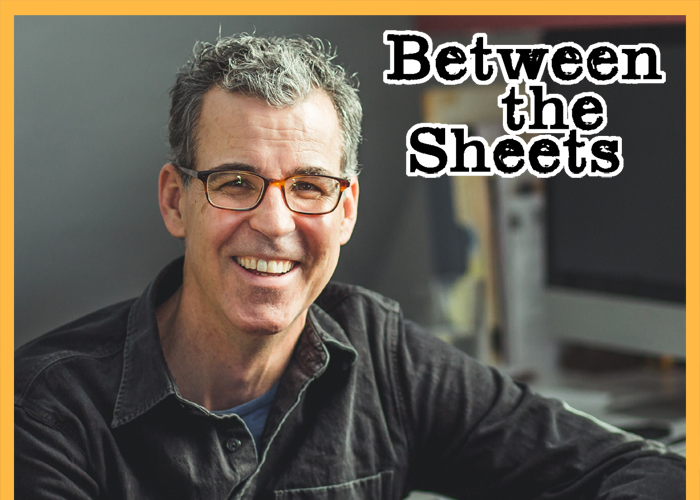
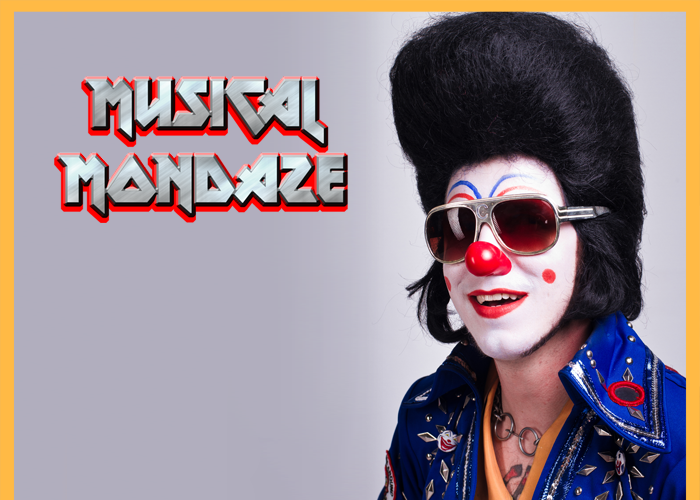
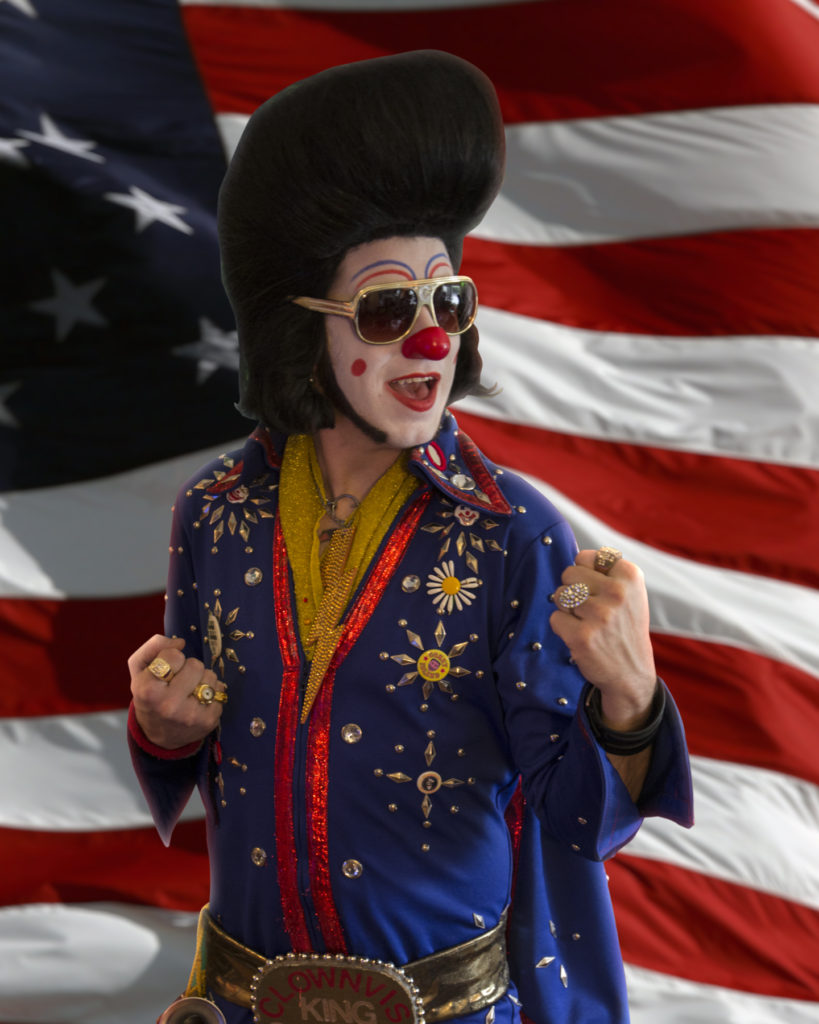
 to rock the socks of existing fans?
to rock the socks of existing fans?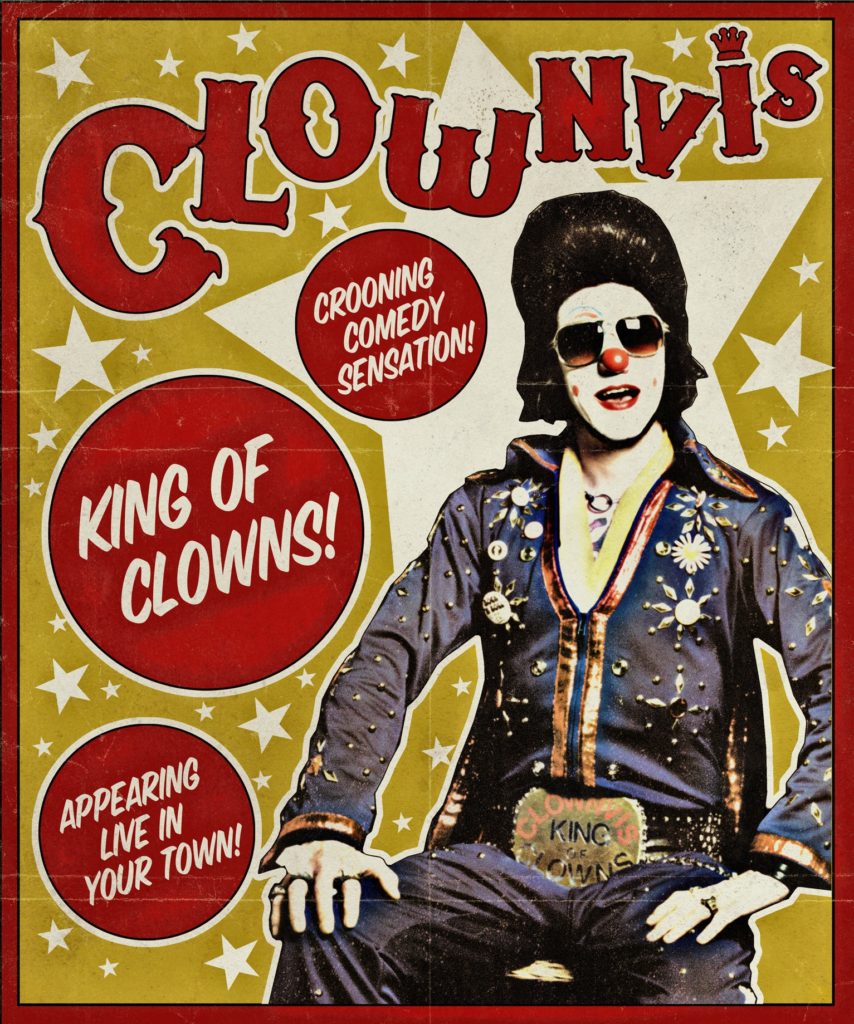
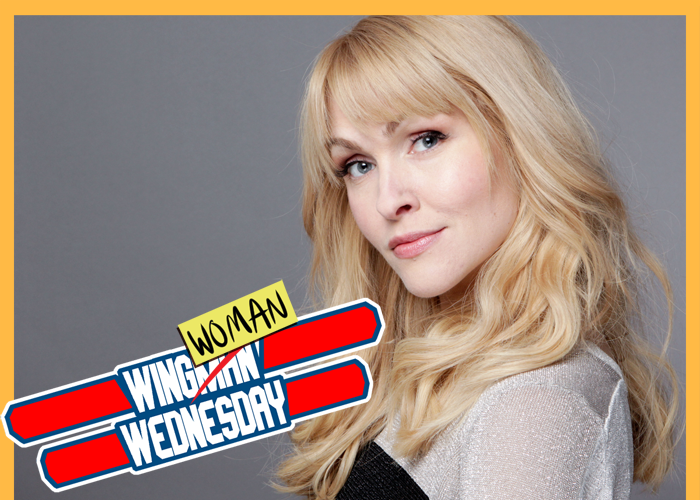
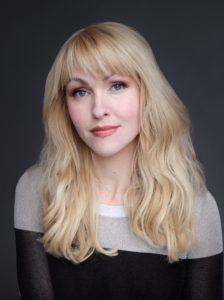
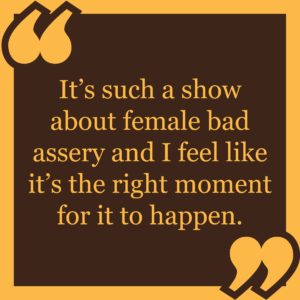 golden age of television.
golden age of television.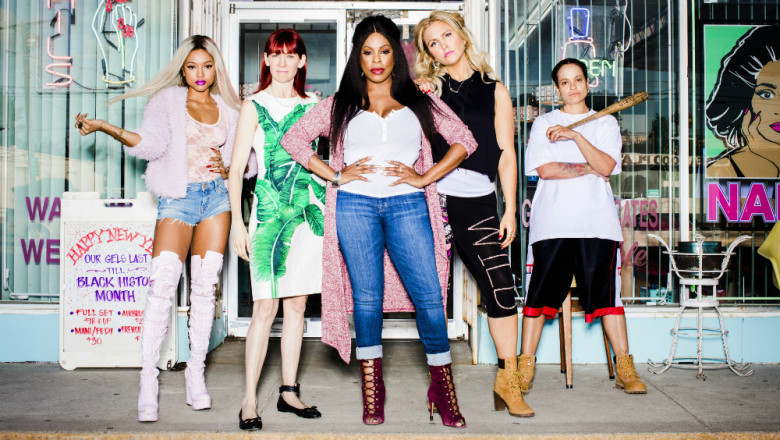
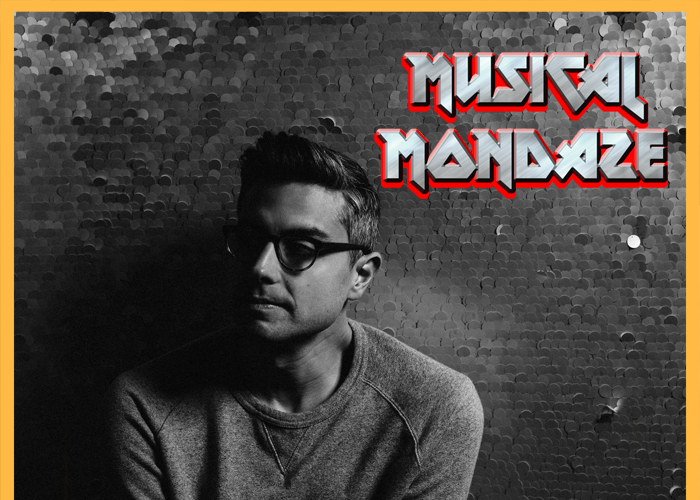
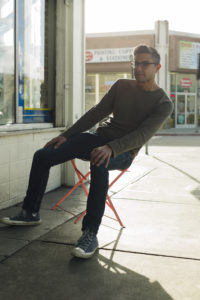
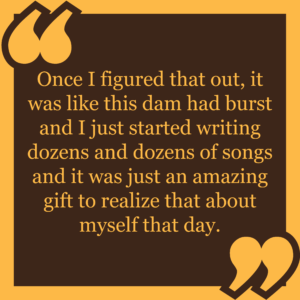 or differently than anything that I enjoy?” And I couldn’t answer those questions.
or differently than anything that I enjoy?” And I couldn’t answer those questions.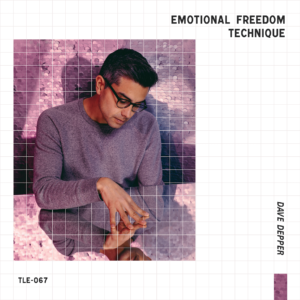 TrunkSpace: Does it feel different playing songs that are wholly yours?
TrunkSpace: Does it feel different playing songs that are wholly yours?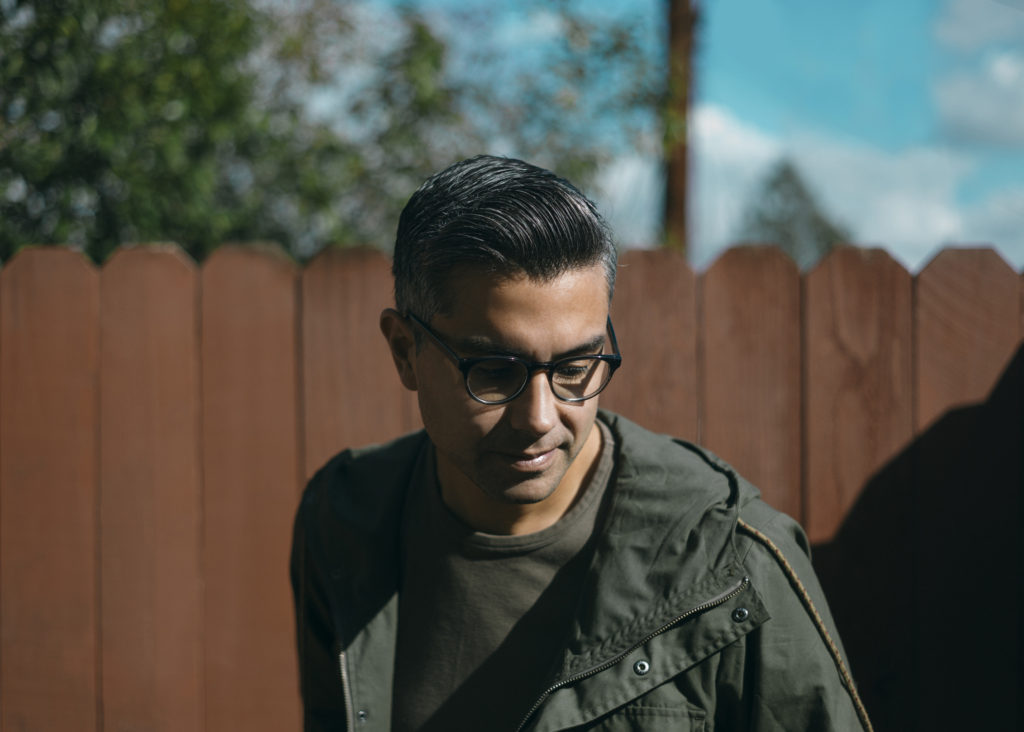
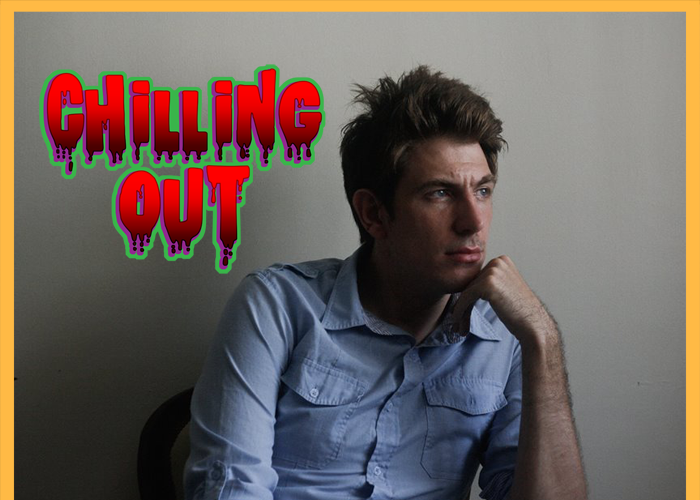
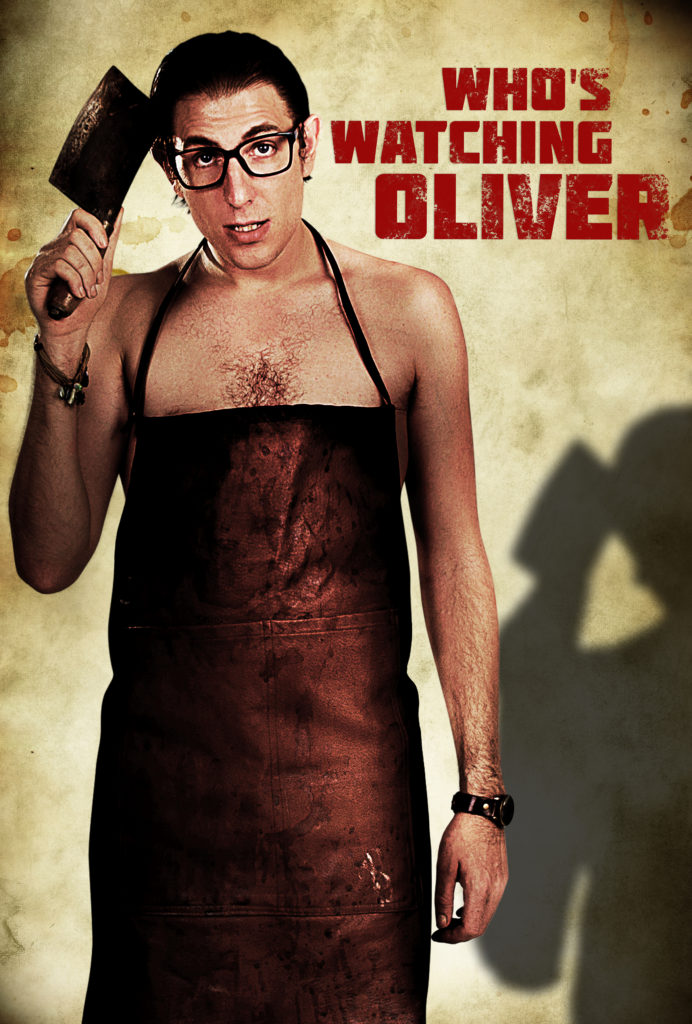 Chilling Out is where TrunkSpace talks all things horror and genre with those who work in the projects that give us the thrills and chills to keep coming back for more. This time out we’re talking with Russell Geoffrey Banks whose latest film “Who’s Watching Oliver” continues to create waves amongst horror fans, due in large part to his gripping performance as the mentally unstable Oliver.
Chilling Out is where TrunkSpace talks all things horror and genre with those who work in the projects that give us the thrills and chills to keep coming back for more. This time out we’re talking with Russell Geoffrey Banks whose latest film “Who’s Watching Oliver” continues to create waves amongst horror fans, due in large part to his gripping performance as the mentally unstable Oliver.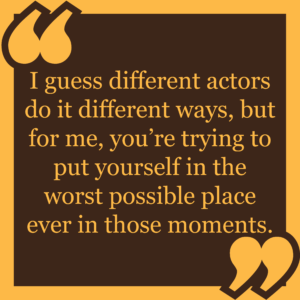 doubt such a hard day. And surprisingly enough, it was one when it kind of hit me at that moment as being hard. Before that, I was just like, “Oh, it’s acting. This is going to be fine.” And then when we started shooting, it was like, “Jesus… fuck this is quite intense.” That was a hard day. I’d say, without a doubt, the rape scene with Kelly was probably about the hardest day to shoot.
doubt such a hard day. And surprisingly enough, it was one when it kind of hit me at that moment as being hard. Before that, I was just like, “Oh, it’s acting. This is going to be fine.” And then when we started shooting, it was like, “Jesus… fuck this is quite intense.” That was a hard day. I’d say, without a doubt, the rape scene with Kelly was probably about the hardest day to shoot.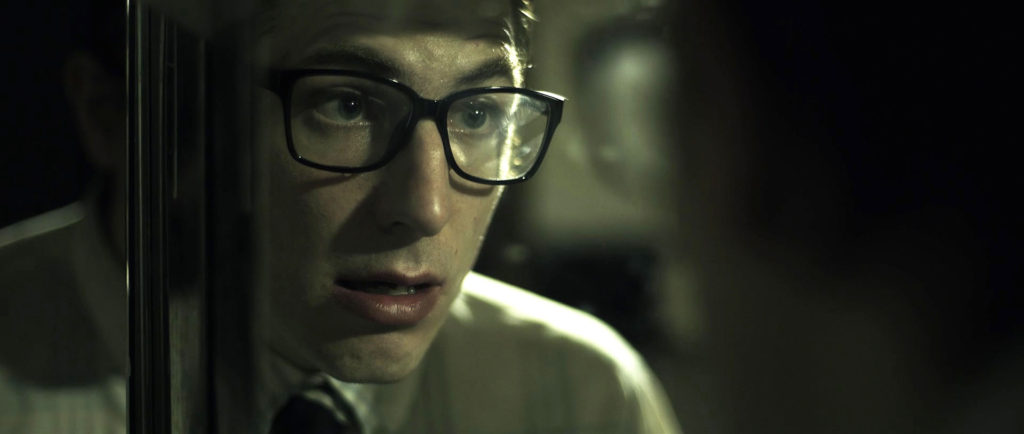
 Hopefully it releases soon.
Hopefully it releases soon.
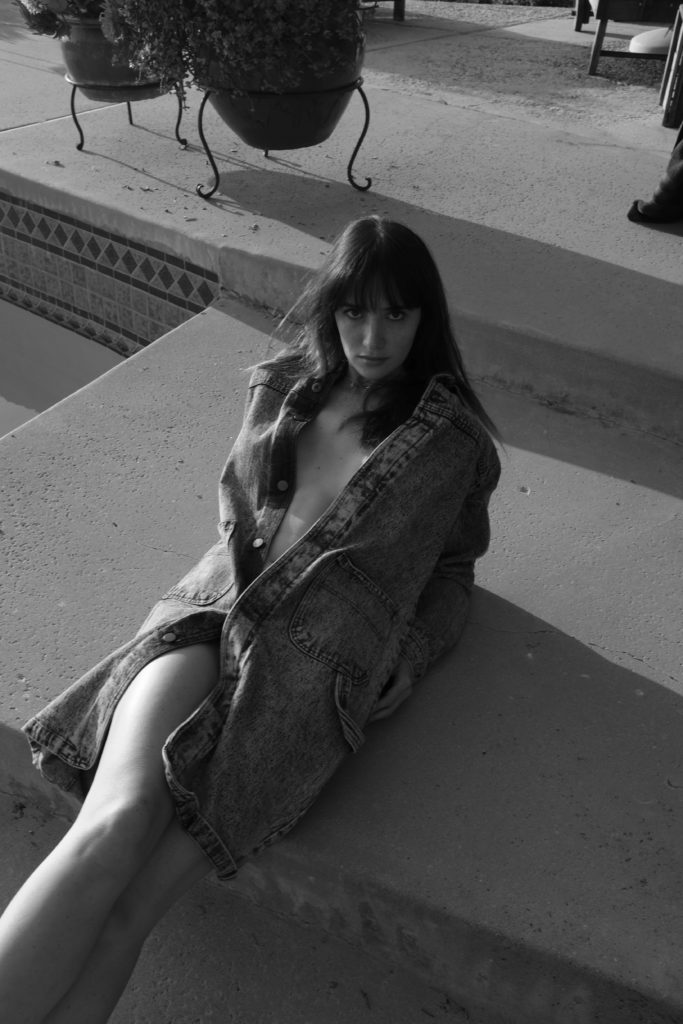
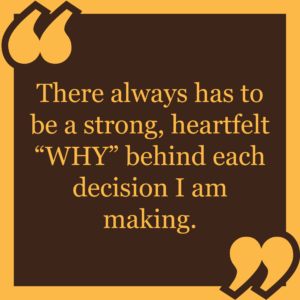 involved and it works with my schedule then I usually don’t go into the details of when/how its getting released. It’s not my problem. I don’t really have any aspirations to be a producer so once my job is done I let it go and hope for the best, hope that people see the movie and respond to it in kind.
involved and it works with my schedule then I usually don’t go into the details of when/how its getting released. It’s not my problem. I don’t really have any aspirations to be a producer so once my job is done I let it go and hope for the best, hope that people see the movie and respond to it in kind.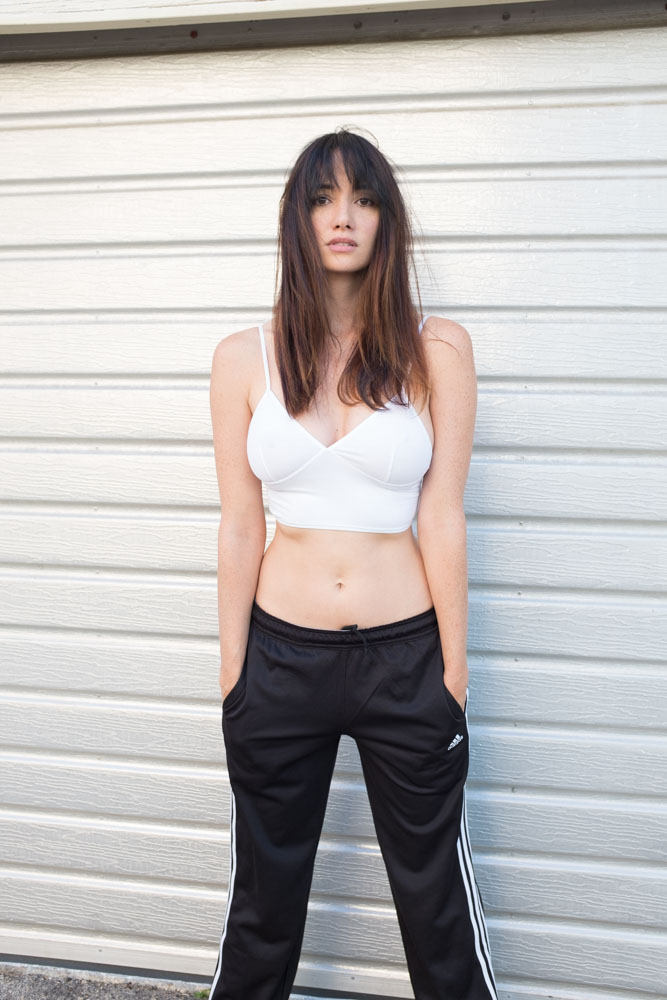 TrunkSpace: You’ll soon be returning to the Kickboxer franchise in “Kickboxer: Retaliation.” What can you tell us about where Liu will be going in terms of her story and arc?
TrunkSpace: You’ll soon be returning to the Kickboxer franchise in “Kickboxer: Retaliation.” What can you tell us about where Liu will be going in terms of her story and arc?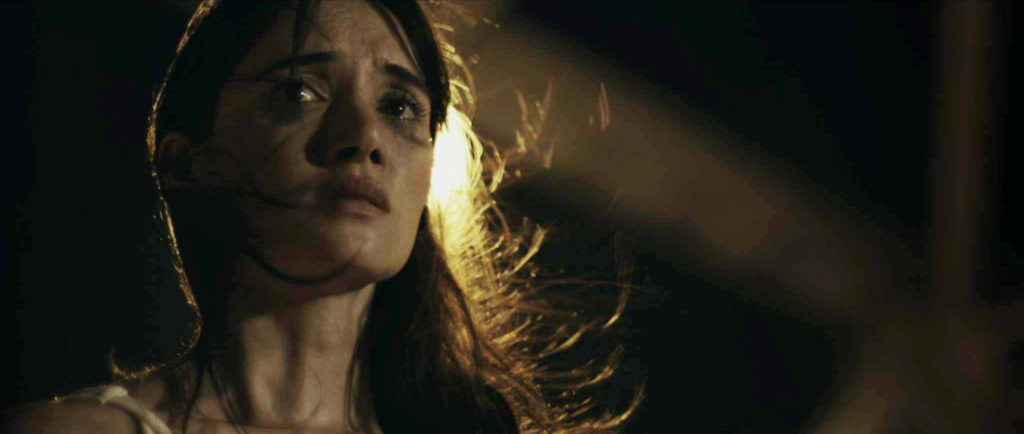

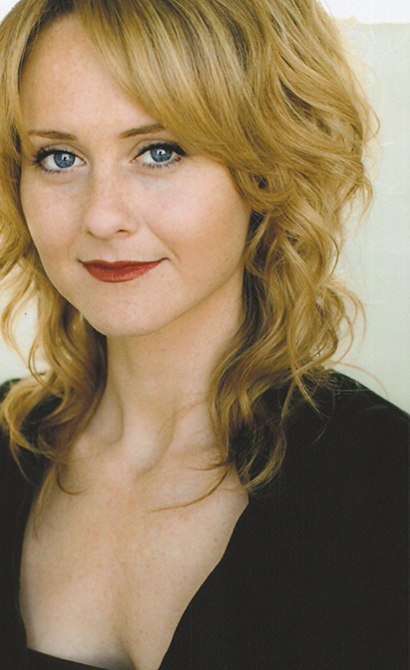 Heather Kafka is the kind of actress who fully and fearlessly immerses herself into a character. She not only becomes the woman inhabiting the fictional world she was cast to portray, but does so with a physicality that is just as much camouflage as it is performance. She doesn’t just star in a project, she lives within it, becoming a part of the narrative in the most organic of ways. It’s a skill set that most actors spend their entire careers striving to obtain and one that seems to come so naturally to Kafka.
Heather Kafka is the kind of actress who fully and fearlessly immerses herself into a character. She not only becomes the woman inhabiting the fictional world she was cast to portray, but does so with a physicality that is just as much camouflage as it is performance. She doesn’t just star in a project, she lives within it, becoming a part of the narrative in the most organic of ways. It’s a skill set that most actors spend their entire careers striving to obtain and one that seems to come so naturally to Kafka.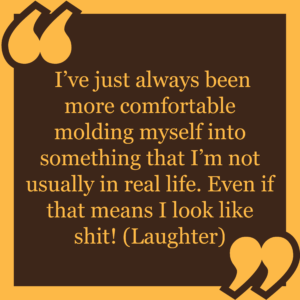 intense and there’s a lot of heavy lifting for you to do right out of the gates. It’s difficult to feel comfortable doing that anyway, let alone when you show up to, in this case Santa Fe, New Mexico, a place where I don’t live and I don’t know and I’m in a hotel that I don’t recognize and I’m not transporting myself to and from set. You really relinquish a lot of your control and it’s very easy, I think, for people who are already in that established situation to sort of just dismiss you, and not necessarily in a cruel way, but you’re just passing through.
intense and there’s a lot of heavy lifting for you to do right out of the gates. It’s difficult to feel comfortable doing that anyway, let alone when you show up to, in this case Santa Fe, New Mexico, a place where I don’t live and I don’t know and I’m in a hotel that I don’t recognize and I’m not transporting myself to and from set. You really relinquish a lot of your control and it’s very easy, I think, for people who are already in that established situation to sort of just dismiss you, and not necessarily in a cruel way, but you’re just passing through.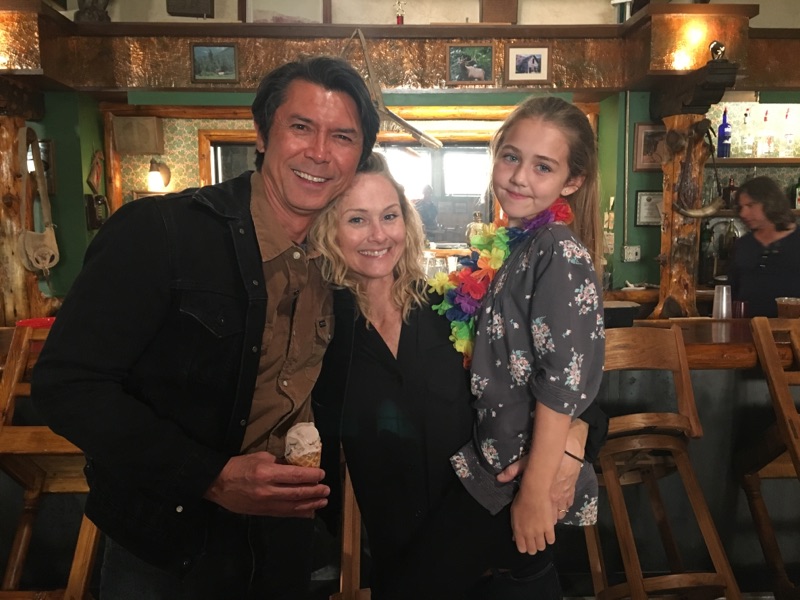
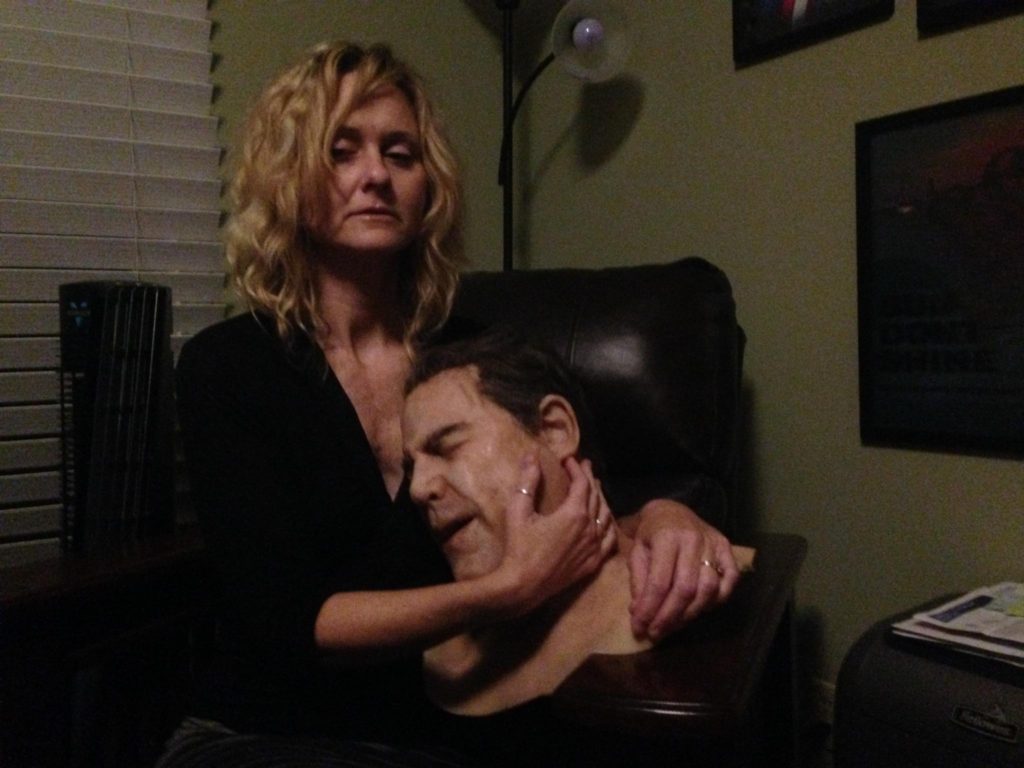
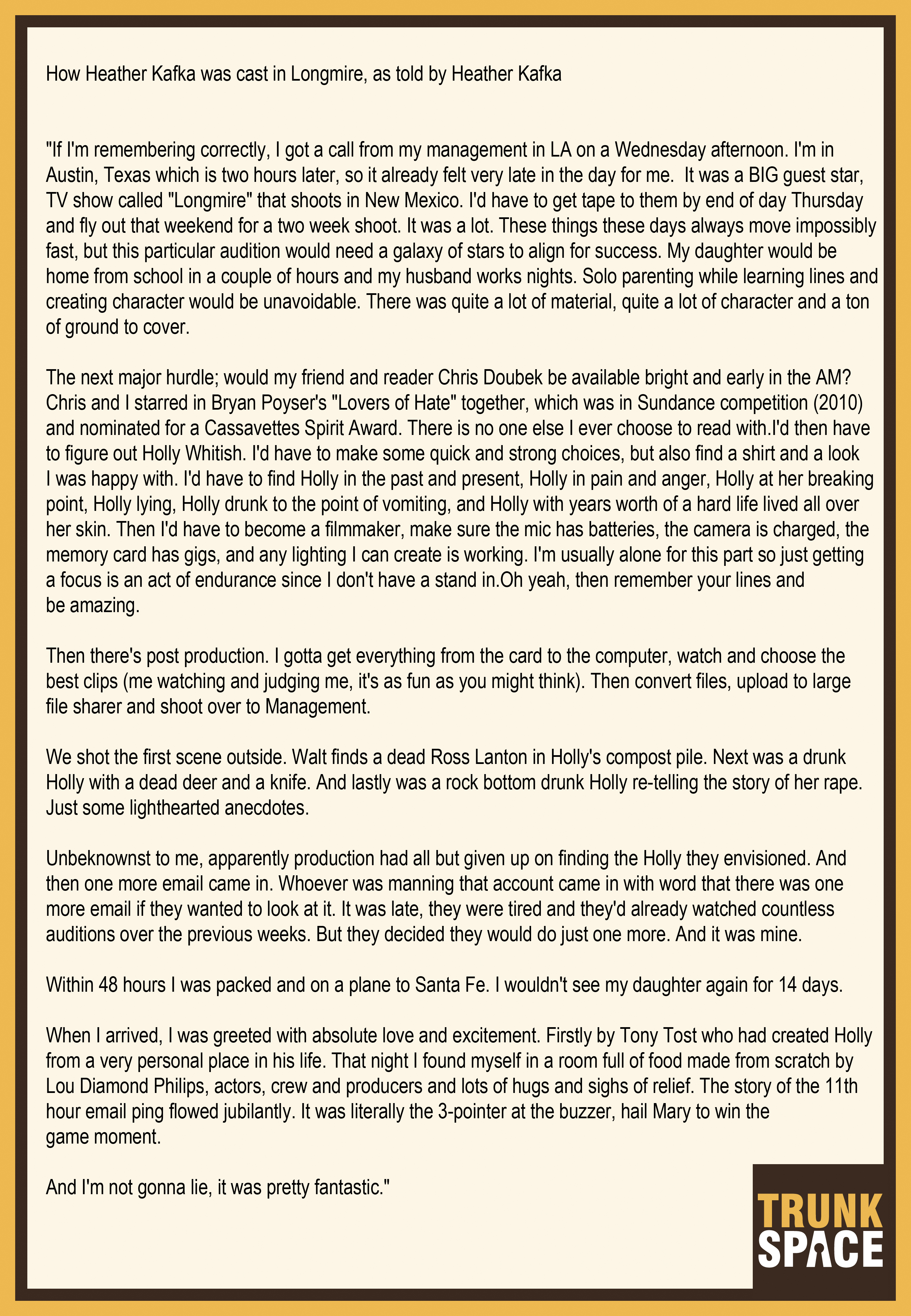

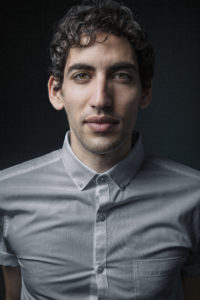
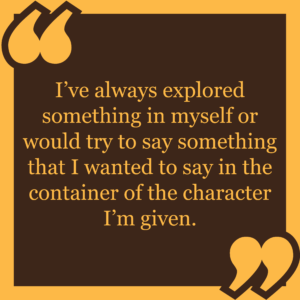 also fans who are queer Muslims from all over the world… which has been kind of amazing to witness… who post about gaining inspiration from me sharing my story.
also fans who are queer Muslims from all over the world… which has been kind of amazing to witness… who post about gaining inspiration from me sharing my story.
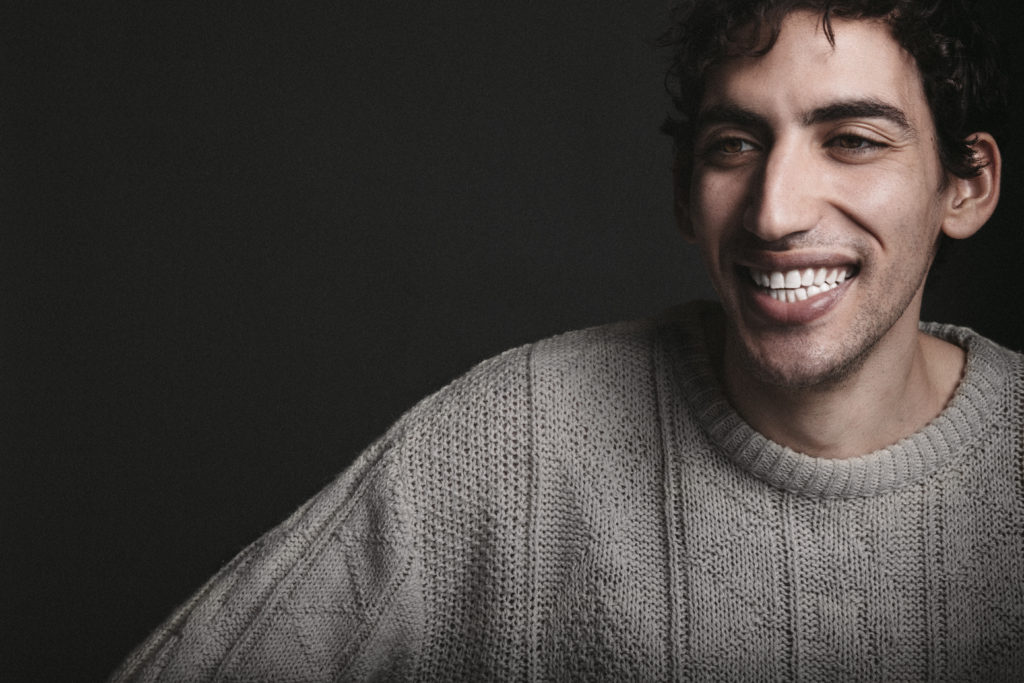
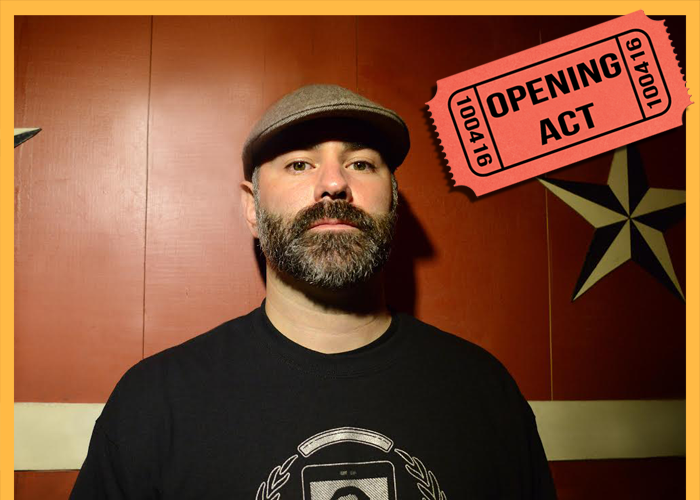
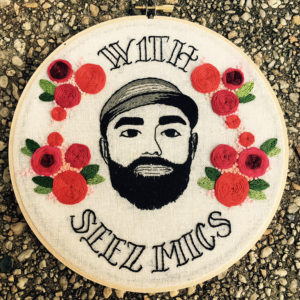 Artist/Band: Seez Mics
Artist/Band: Seez Mics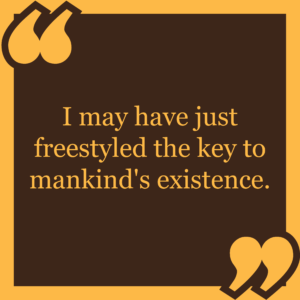 younger me was freestyling all the time and could readily snap into the necessary headspace.
younger me was freestyling all the time and could readily snap into the necessary headspace.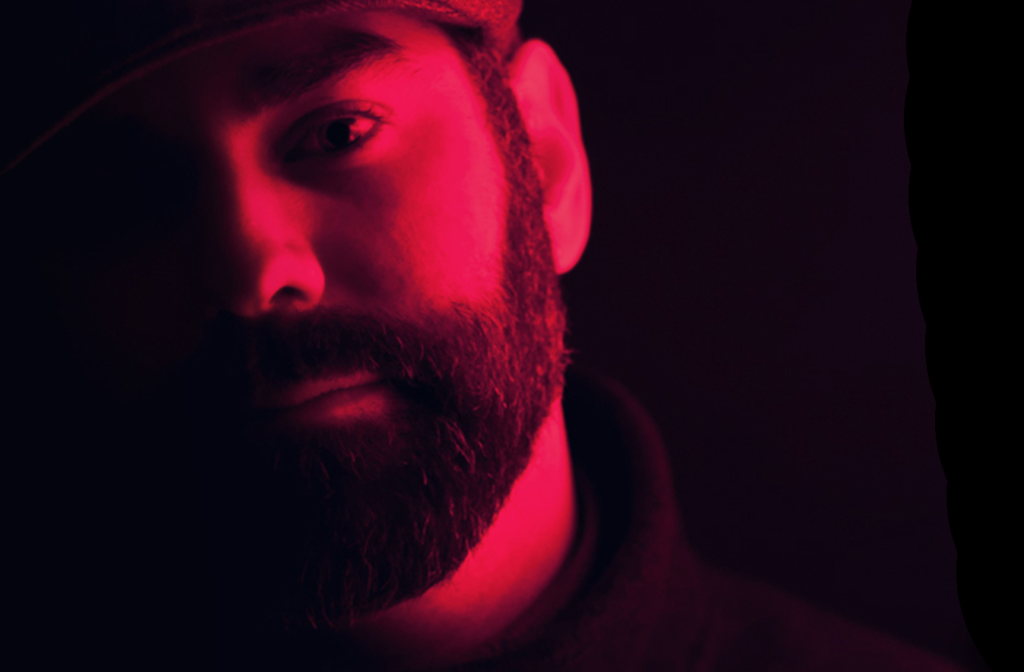
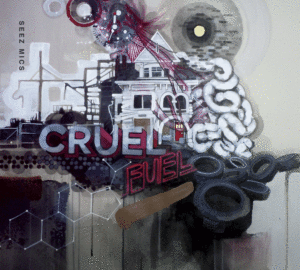 So with that chapter over, I’d like to be able to do all of the parts of making music that don’t involve leaving my home for more than a day or two at a time. I’d strongly consider hitting the road if the money is worth it, but I’d have to check with the boss first.
So with that chapter over, I’d like to be able to do all of the parts of making music that don’t involve leaving my home for more than a day or two at a time. I’d strongly consider hitting the road if the money is worth it, but I’d have to check with the boss first.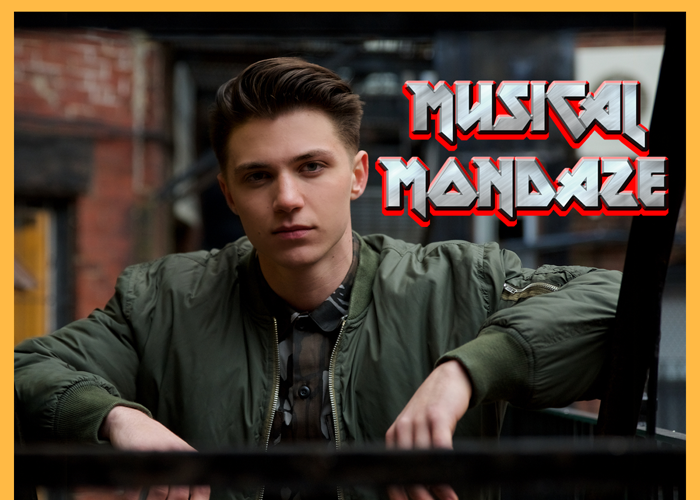
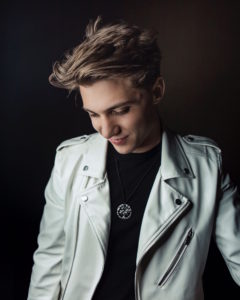 Boston native turned LA transplant Joe Dias is looking to move music forward, blending elements of rock, hip hop, and pop to make his own definable sound. Born from a diverse range of musical influences, Dias’ songs are given life on the guitar, an instrument he took up at age seven, and are placed into a cocoon within the studio where they emerge as something entirely different.
Boston native turned LA transplant Joe Dias is looking to move music forward, blending elements of rock, hip hop, and pop to make his own definable sound. Born from a diverse range of musical influences, Dias’ songs are given life on the guitar, an instrument he took up at age seven, and are placed into a cocoon within the studio where they emerge as something entirely different.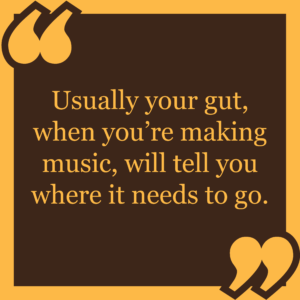 California.” I would listen to all of those tracks and they really, really spoke to me. Then I started learning how to play all of those songs on guitar. So, I would say that it started out with rock, but then as I grew up, I got into a lot of Hip Hop… listening to 90s Dre, NWA, and stuff like that, in high school. And then recently I’ve been into 60s R&B like Sam Cooke where people just sing and you feel their pain. That’s the kind of singing that I want to do.
California.” I would listen to all of those tracks and they really, really spoke to me. Then I started learning how to play all of those songs on guitar. So, I would say that it started out with rock, but then as I grew up, I got into a lot of Hip Hop… listening to 90s Dre, NWA, and stuff like that, in high school. And then recently I’ve been into 60s R&B like Sam Cooke where people just sing and you feel their pain. That’s the kind of singing that I want to do.